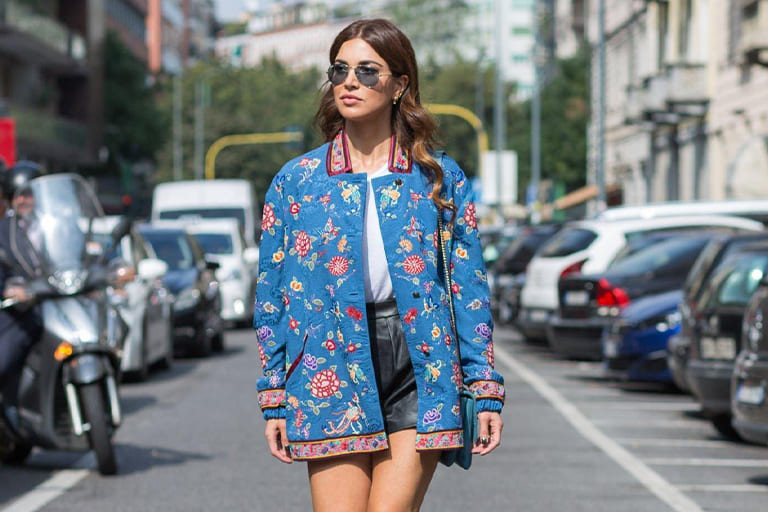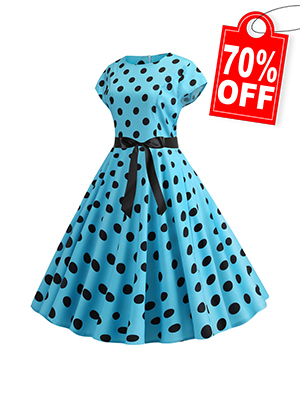The Brushstrokes of Fashion E-Commerce: Painting a New Shopping Landscape
Introduction
In the age of digital transformation, the fashion industry has experienced a significant shift with the rise of e-commerce. As more consumers turn to online shopping, the traditional brick-and-mortar retail experience is evolving into a virtual realm. Fashion e-commerce has emerged as a vibrant canvas, where innovative technologies and creative strategies are painting a new shopping landscape. Let's explore the brushstrokes of fashion e-commerce and the transformative impact it has on the industry.
Unleashing the Potential of Online Platforms
Fashion e-commerce platforms have become the go-to destinations for fashion enthusiasts worldwide. These platforms provide a vast array of products, from renowned fashion houses to independent designers, all accessible with just a few clicks. By breaking geographical boundaries, e-commerce allows consumers to explore a global marketplace, discover unique styles, and access a wider range of fashion choices.
The Art of Personalization
One of the key advantages of fashion e-commerce is the ability to offer personalized shopping experiences. Through advanced algorithms and data analytics, e-commerce platforms can curate tailored recommendations based on individual preferences, browsing history, and purchase behavior. By understanding the unique style and preferences of each customer, fashion e-commerce offers a highly personalized and intuitive shopping journey.
Virtual Fitting Rooms and Augmented Reality
Virtual fitting rooms and augmented reality (AR) technologies have revolutionized the online shopping experience. With these innovative tools, consumers can virtually try on clothing and accessories, allowing them to visualize how a particular item will look on them before making a purchase. This technology enhances the customer's confidence in their buying decisions and reduces the uncertainty associated with purchasing clothing online.
Seamless Mobile Shopping
The increasing prevalence of smartphones has led to a significant shift towards mobile shopping in the fashion industry. E-commerce platforms have responded by creating seamless mobile experiences, optimizing their websites and apps for smaller screens. Mobile shopping allows consumers to browse and purchase fashion items on the go, making fashion accessible at any time and from anywhere.
Social Commerce and Influencer Marketing
The fusion of social media and e-commerce has given rise to a powerful phenomenon known as social commerce. Influencers and fashion brands collaborate to create captivating content and immersive shopping experiences. Social media platforms such as Instagram and TikTok have become virtual runways, where influencers showcase their personal style, recommend fashion items, and drive consumer engagement. By seamlessly integrating social media and e-commerce, fashion brands can tap into vast online communities, leveraging the influence of trusted individuals to drive sales and brand awareness.
Sustainable Fashion and Ethical Consumption
Fashion e-commerce has also played a significant role in promoting sustainable fashion and ethical consumption. Online platforms provide a space for eco-friendly and ethical fashion brands to reach a wider audience. Consumers can easily discover and support sustainable fashion by exploring dedicated sections or filtering search results based on their values. Fashion e-commerce empowers consumers to make conscious choices, contributing to a more sustainable future for the industry.
Enhanced Customer Service and Feedback
Fashion e-commerce platforms prioritize customer service and engagement, striving to offer seamless shopping experiences. With features like live chat, 24/7 customer support, and hassle-free returns, e-commerce platforms aim to build trust and loyalty with their customers. Additionally, online reviews and ratings provide valuable feedback to both brands and potential customers, influencing purchasing decisions and fostering a transparent and accountable fashion landscape.
Conclusion
Fashion e-commerce has transformed the way we shop for clothing and accessories, painting a new shopping landscape with its innovative technologies and creative strategies. From personalized recommendations to virtual fitting rooms and social commerce, online platforms offer convenience, accessibility, and an immersive shopping experience. As the brushstrokes of fashion e-commerce continue to evolve, the industry embraces the digital canvas, adapting to the changing needs and preferences of consumers. With its transformative power, fashion e-commerce shapes the future of the industry, blurring the lines between virtual and physical shopping, and paving the way for a dynamic and interconnected fashion landscape.














